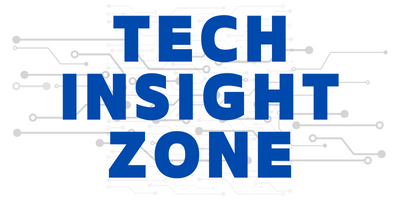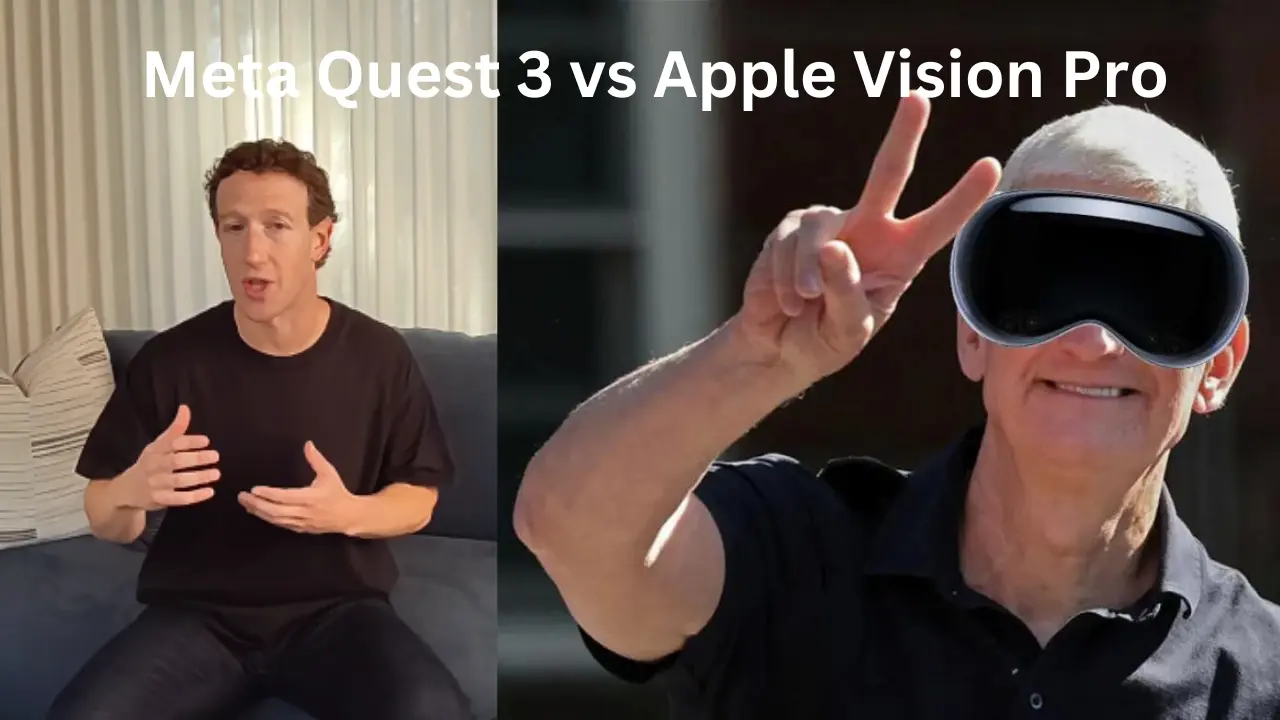Reddit, the self-proclaimed “front page of the internet,” struck a $60 million deal with an unnamed AI company to access and use its vast trove of user-generated content that has sent shockwaves through the online community.
While the specifics remain shrouded in secrecy, the implications are clear: our digital voices, the memes, the rants, the heartfelt confessions – everything we pour onto the platform – are being commodified, raising a cacophony of questions about privacy, ownership, and the very future of online discourse.
This analysis delves into the labyrinthine corridors of this controversial deal, unpacking its ramifications and charting potential consequences for users, platforms, and the broader digital landscape.
Unveiling the Motive: Why is Reddit Selling User Data?
While the motivations behind Reddit’s decision remain officially unsaid, the financial incentive shines brightly. As Reddit gears up for its highly anticipated Initial Public Offering (IPO), monetizing its massive dataset – boasting over 50 billion posts and comments – becomes a strategic play.
The $60 million deal offers a significant revenue stream, potentially boosting its financial standing and investor appeal. However, whispers abound about alternative, privacy-conscious monetization strategies that could have respected user ownership and consent.
Critics point to the platform’s lucrative advertising model, questioning the need to delve into the ethically murky waters of data sales.
But why an AI company is seeking user data?
Why User Content Matters to AI Companies?
For AI companies, Reddit’s content represents a treasure trove of invaluable data. Its diverse tapestry of topics, opinions, and expressions provides fertile ground for AI models to learn and evolve.
This data fuels AI development in several crucial areas:
a. Natural Language Processing (NLP):
By analyzing the vast ocean of text, AI models refine their understanding of human language nuances, from sarcasm and slang to humor and cultural references. This empowers them to communicate and generate human-like text with greater accuracy and fluency.
b. Sentiment Analysis:
By gauging the emotional undercurrents and opinions flowing through discussions, AI learns to decipher and respond to the complexities of human emotions. This paves the way for applications in sentiment analysis tools, customer service chatbots, and even personalized recommendations.
c. Personalized Experiences:
User preferences and behaviors gleaned from content can be harnessed to curate highly personalized experiences, from product recommendations to targeted advertising. Imagine an AI assistant suggesting subreddits based on your reading habits or recommending movies that align with your discussion history.
While the potential benefits of AI development are undeniable, the implications for end users are far from rosy:
The Price We Pay: What Does This Mean for End Users?
a. Privacy Under Siege:
The lack of clarity about data anonymization and potential uses raises red flags about privacy violations. Users might feel their private thoughts and expressions are being harvested and exploited without their explicit consent. Anonymity, a cornerstone of online communities, starts to feel like a fragile illusion.
b. Data Ownership in Question:
The murky question of who owns user-generated content becomes central to the debate. While platforms like Reddit host the content, users create it. The lack of transparency regarding data ownership leaves users feeling like their digital creations have been expropriated, their voices monetized without their say-so.
c. Potential for Misuse:
The possibility of AI models trained on potentially biased or harmful content raises concerns about their future applications. Imagine an AI-powered newsfeed amplifying discriminatory narratives or a chatbot programmed with offensive language gleaned from the darkest corners of Reddit. The potential for misuse looms large, casting a shadow on the ethical implications of this deal.
This deal sets a precedent that could have far-reaching consequences for the future of online platforms and user data. If such practices become commonplace, we could be facing a dystopian scenario where:
Are We Headed Towards an AI-Controlled Narrative? A Glimpse into the Future:
a. Corporations Rule the Roost:
With data becoming a valuable commodity, platforms might prioritize monetization over user privacy and community values. Imagine a future where every click, every comment, is meticulously tracked and analyzed, not to foster meaningful connections, but to extract maximum profit.
b. Power Imbalance Widens:
The concentration of user data in the hands of powerful AI companies could exacerbate existing power imbalances in the digital landscape. Imagine a select few entities controlling the narratives that shape our online experiences, potentially manipulating our opinions and swaying our choices.
c. Transparency Takes a Backseat:
Lack of clarity and consent regarding data usage could further erode trust between users and platforms. Imagine an opaque online environment where data collection practices are shrouded in secrecy, leaving users feeling powerless and exploited.
So, what can we do now? Well, we have to change our habits, like not sharing confidential data everywhere. But our policymakers must play a crucial role here as they have control over the law and infrastructure.
Together, we have to ensure that platforms like Reddit can not violate public privacy.
It’s High Time to Take Responsibility: Rebuilding Trust in the Digital Age
a. Transparency is Key:
We must be upfront about data collection practices. Platforms should clearly explain what data is collected, how it’s used, and with whom it’s shared. Also, they must offer users clear opt-in and opt-out options for data sharing.
b. Ownership Matters:
Governments should explore models that recognize user ownership and empower users to control their data. This could involve allowing users to decide who can access their data, setting limitations on usage, and even opting for compensation for data contributions.
c. Build Ethical AI:
Governments should also partner with AI developers who prioritize ethical considerations. To ensure AI models are trained on diverse and unbiased datasets, implement measures to mitigate potential biases, and regularly audit AI applications for harmful impacts.
The Takeaways: A Collective Fight for a More Ethical Digital Future
The Reddit data deal serves as a stark reminder of the ethical dilemmas surrounding user data in the digital age.
It’s not just about a single platform or a single deal; it’s about the future of online discourse, the power dynamics in the tech landscape, and the values we want to uphold in this increasingly digital world.
By educating ourselves, demanding accountability, and supporting ethical platforms and policies, we can collectively reshape the narrative and forge a more user-centric, responsible future for the online world.
The struggle might seem daunting, but remember, our digital voices together form a powerful chorus that can challenge the status quo and pave the way for a more ethical and sustainable online ecosystem.
For more updates like this, bookmark Tech Insight Zone.




